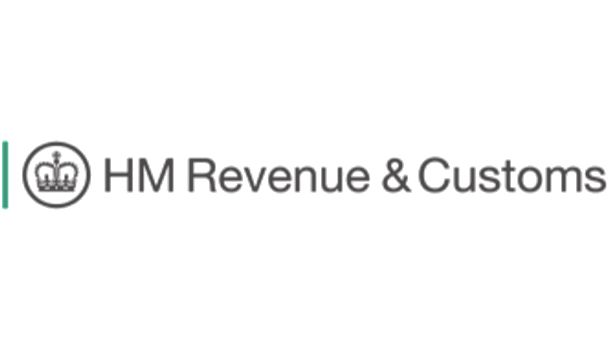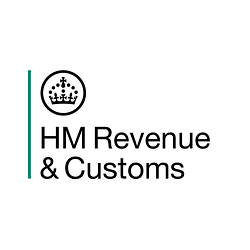
Press release -
Tax avoidance scheme could double brewer’s bill
A tax avoidance scheme designed to make taxable interest payments disappear has been blocked for the second time by a tax tribunal.
The scheme, marketed by Ernst & Young in 2003 to brewery Greene King plc and other large groups, involved loans between group companies. The aim was for one company in a group to get tax relief on interest paid to another group company without that other company paying tax on the income it received.
HM Revenue and Customs (HMRC) will now receive £36 million from users of the scheme after the Upper Tribunal ruled that it did not work. Greene King risks having to pay approximately twice the tax it tried to avoid after the tribunal left open precisely how the interest was taxable in a second group company.
Exchequer Secretary David Gauke said:
“The vast majority of taxpayers play by the rules and the government will continue to take tough action to tackle the minority who seek to avoid their responsibilities. HMRC wins 80 per cent of the cases it takes to court and this win, in a very complex case, sends another clear message to tax avoiders.
“Anyone who gets involved in tax avoidance schemes is playing with fire. HMRC will pursue those involved through the courts, ensuring it collects the taxes that are due.”
Notes to editors
1. The Upper Tribunal ruling can be read at http://www.tribunals.gov.uk/financeandtax/Documents/decisions/Greene-King-v-HMRC.pdf
2. The First-tier Tribunal said that the companies could not legitimately complain if the scheme failed in its purpose and instead resulted in the payment of twice the amount of tax they tried to avoid. The First-tier Tribunal ruling can be read at http://www.financeandtaxtribunals.gov.uk/Aspx/view.aspx?id=6502
3. Follow HMRC on Twitter @HMRCgovuk
4. HMRC’s Flickr channel www.flickr.com/hmrcgovuk
Topics
Categories
Issued by HM Revenue & Customs Press Office
HM Revenue & Customs (HMRC) is the UK’s tax authority.
HMRC is responsible for making sure that the money is available to fund the UK’s public services and for helping families and individuals with targeted financial support.

